Professional Courses
Industry-relevant training in Business, Technology, and Design
Categories
Interactive Games
Fun games to boost memory, math, typing, and English skills
Typing
Memory
Math
English Adventures
Knowledge
What is CBSE? Full Form, History, and Overview

The Central Board of Secondary Education (CBSE) is India's most recognized national education board. Functioning under the Ministry of Education, Government of India, CBSE designs the academic curriculum and conducts final examinations for millions of students in public and private schools across the country and abroad.
Full Form of CBSE
CBSE stands for the Central Board of Secondary Education. It is a national-level board that governs both public and private affiliated schools. All schools under the CBSE banner follow a standardized curriculum to maintain educational uniformity nationwide.
A Brief History
The CBSE traces its origins to the ‘Board of High School and Intermediate Education, Rajputana,’ which was established in 1929.

In 1952, following the integration of various states, the board was reconstituted and given its present name, the "Central Board of Secondary Education." It was officially restructured in 1962 to effectively serve the educational needs of students whose parents were employed in transferable central government jobs.
Over the decades, the board has continuously evolved, adapting to the changing educational landscape of the country. It now focuses on innovative teaching methodologies, examination reforms, and enhancing the professional competency of teachers.
CBSE’s Reach and Recognition
As of 2025, there are over 28,000 schools in India and more than 240 schools in 28 foreign countries affiliated with CBSE. The board is the preferred choice for central government-run schools like Kendriya Vidyalayas and Jawahar Navodaya Vidyalayas, as well as many private schools, particularly for students with parents in transferable jobs.
Academic Structure
The CBSE curriculum is designed to provide a holistic education, emphasizing constructivist learning over rote memorization. It follows the framework set by the NCERT (National Council of Educational Research and Training), which focuses on building cognitive, conceptual, and analytical skills.
Grade Levels and Categories:
- Classes 1–5: Primary School
- Classes 6–8: Middle School
- Classes 9–10: Secondary School
- Classes 11–12: Senior Secondary
The board employs various assessment methods to encourage continuous evaluation and reduce exam-related stress.
Grading and Evaluation System
CBSE uses different evaluation systems for its secondary and senior secondary levels.
- For Classes 9 and 10, a 9-point grading system is often used.
- For Classes 11 and 12, evaluation is typically based on marks and percentages.
Key Exam Facts (2025):
- Class 10 and 12 board exams are generally held between February and April.
- In the 2025 examinations, the pass percentage for Class 10 stood at 93.60%, while the pass percentage for Class 12 was 87.98%.
- Over 3.9 million students appeared for the Class 10 and 12 exams combined in 2025.
Subjects and Streams Offered
For Classes 11 and 12, CBSE offers three main streams, allowing students to choose subjects based on their career aspirations:
- Science: Core subjects include Physics, Chemistry, Biology, and Mathematics.
- Commerce: Includes subjects like Business Studies, Accountancy, and Economics.
- Humanities/Arts: Offers a wide range of subjects such as History, Geography, Sociology, Political Science, and Psychology.
In addition to these, English or Hindi is a compulsory language, and students can choose from various regional and foreign languages as electives.
Integration with NEP 2020
CBSE is actively revamping its structure and curriculum to align with the National Education Policy (NEP) 2020. The policy aims to make education more holistic, useful, and fulfilling for learners.
Key initiatives include:
- Promoting multidisciplinary and competency-based education.
- Introducing skill-based subjects such as AI, coding, and data science at the school level.
- Revamping the assessment framework to test critical thinking and problem-solving skills rather than rote memorization.
CBSE and Competitive Exams
The structured curriculum of CBSE provides a strong foundation for students preparing for major national competitive exams.
The syllabus alignment and focus on conceptual understanding in subjects like Physics, Chemistry, and Mathematics are particularly beneficial for these exams.
Key Advantages of CBSE
- Uniform Curriculum: A standardized syllabus is followed across all affiliated schools in India and abroad, making it easier for students to relocate.
- NCERT Alignment: The curriculum is designed by NCERT, which ensures that the content is aligned with the syllabus of top national-level competitive exams.
- Focus on Conceptual Learning: The board encourages understanding the "why" and "how" behind concepts rather than just memorization.
- Global Recognition: CBSE is recognized by many international universities, which facilitates higher education opportunities abroad for students.
- Skill-Oriented Learning: The board is increasingly integrating 21st-century skills, life skills, and vocational subjects into its curriculum.
Prepare for Your CBSE Exams with AllRounder
Navigating the CBSE landscape and excelling in your board exams requires the right resources and a smart study plan. For comprehensive study materials, expertly crafted practice tests, and personalized guidance to help you succeed, explore the tools and courses available at AllRounder.com.
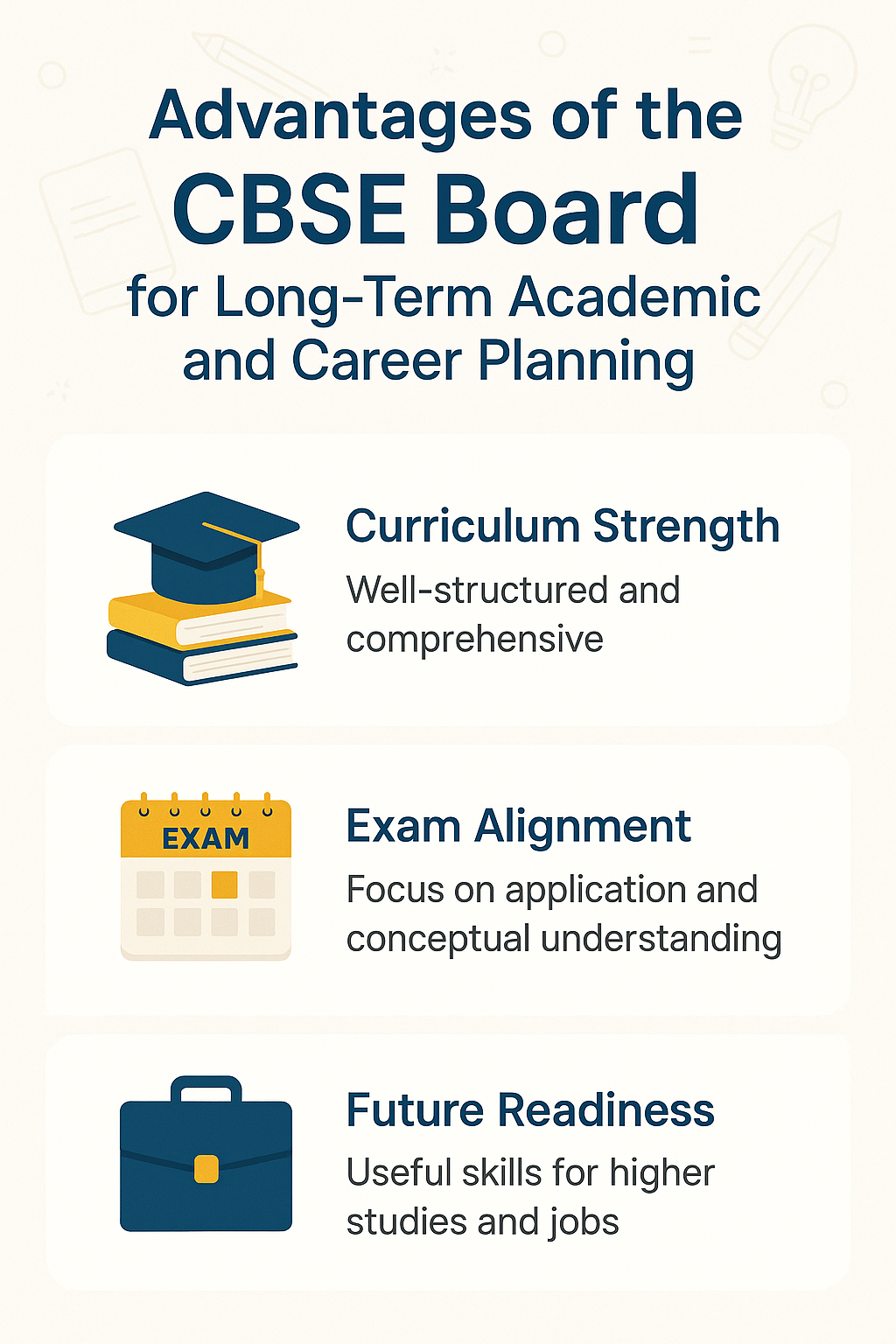
Discover the advantages of the CBSE board for long-term academic and career planning, including curriculum strength,...
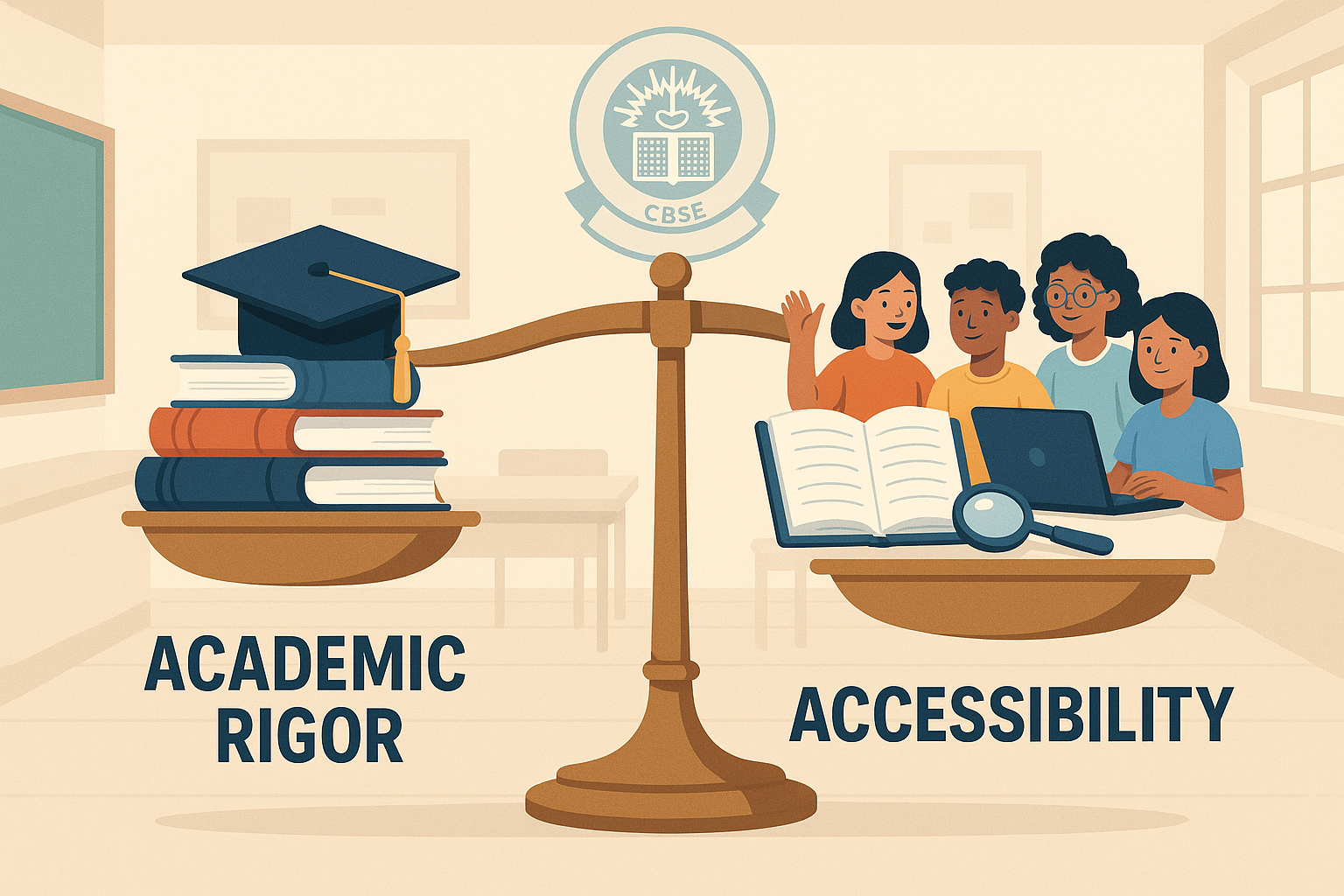
Explore how the CBSE board balances academic rigor and accessibility through its curriculum, syllabus, exams, and...
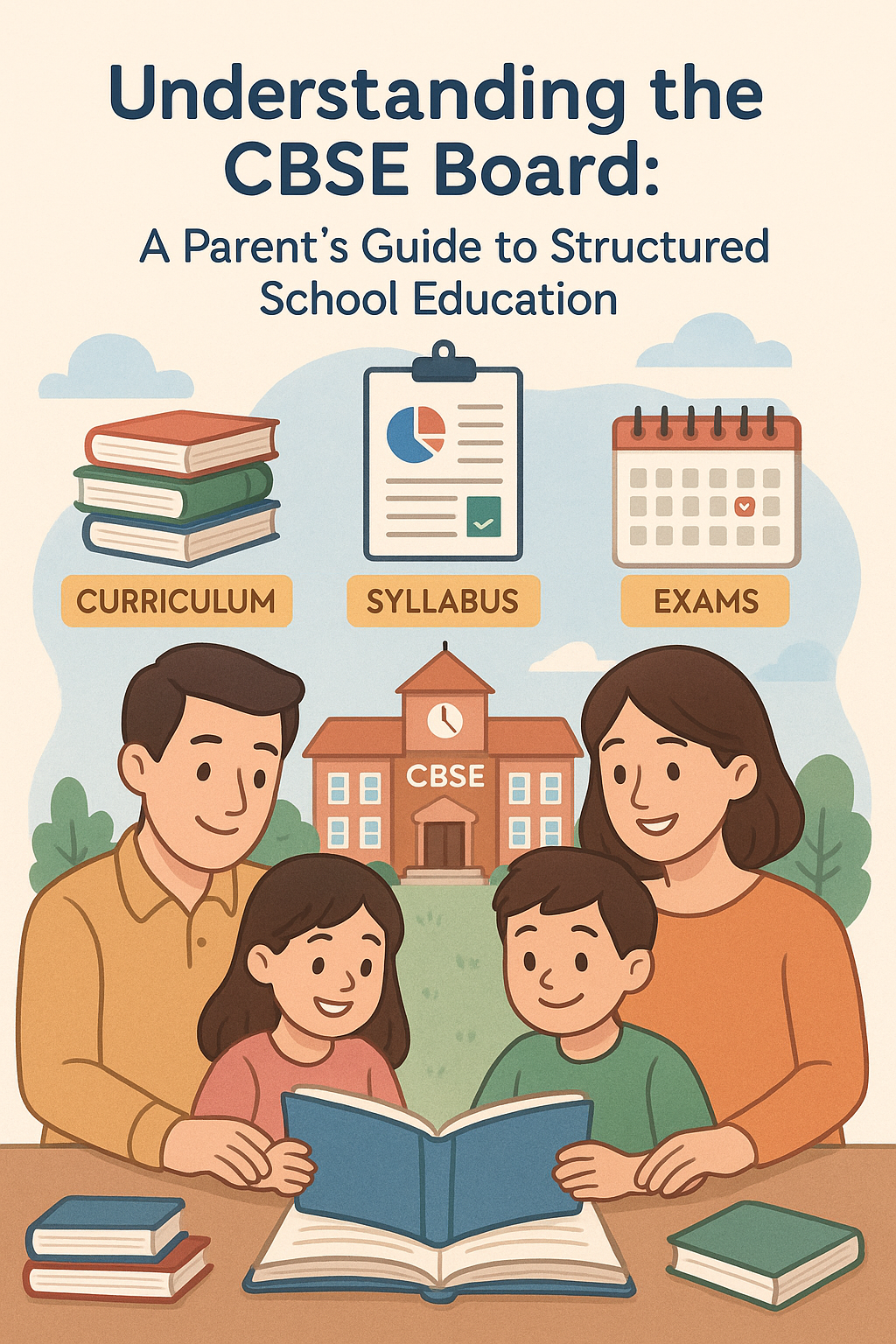
A complete parent’s guide to understanding the CBSE board, its curriculum, syllabus, advantages, exam structure, and...
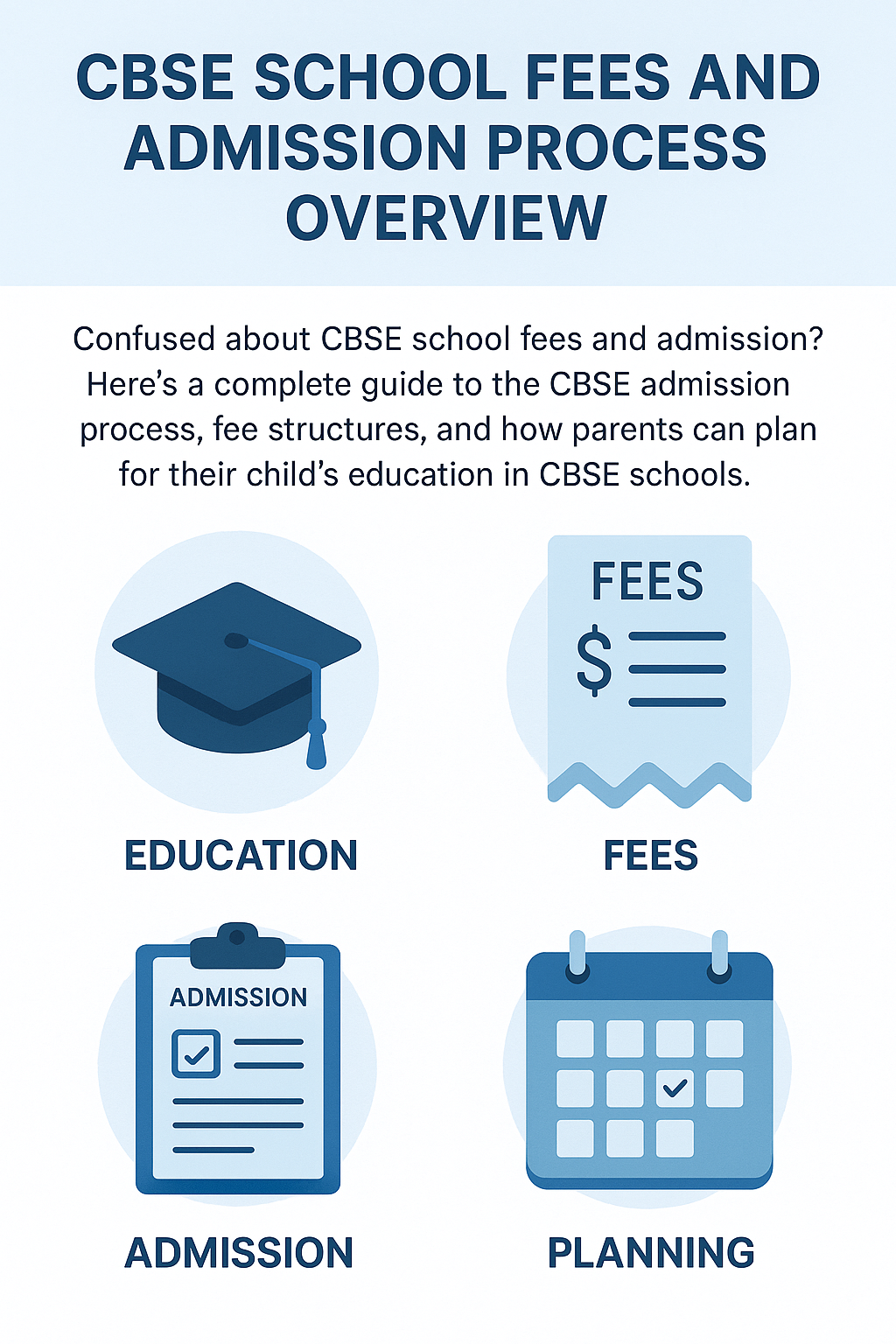
Confused about CBSE school fees and admission? Here’s a complete guide to the CBSE admission process, fee...
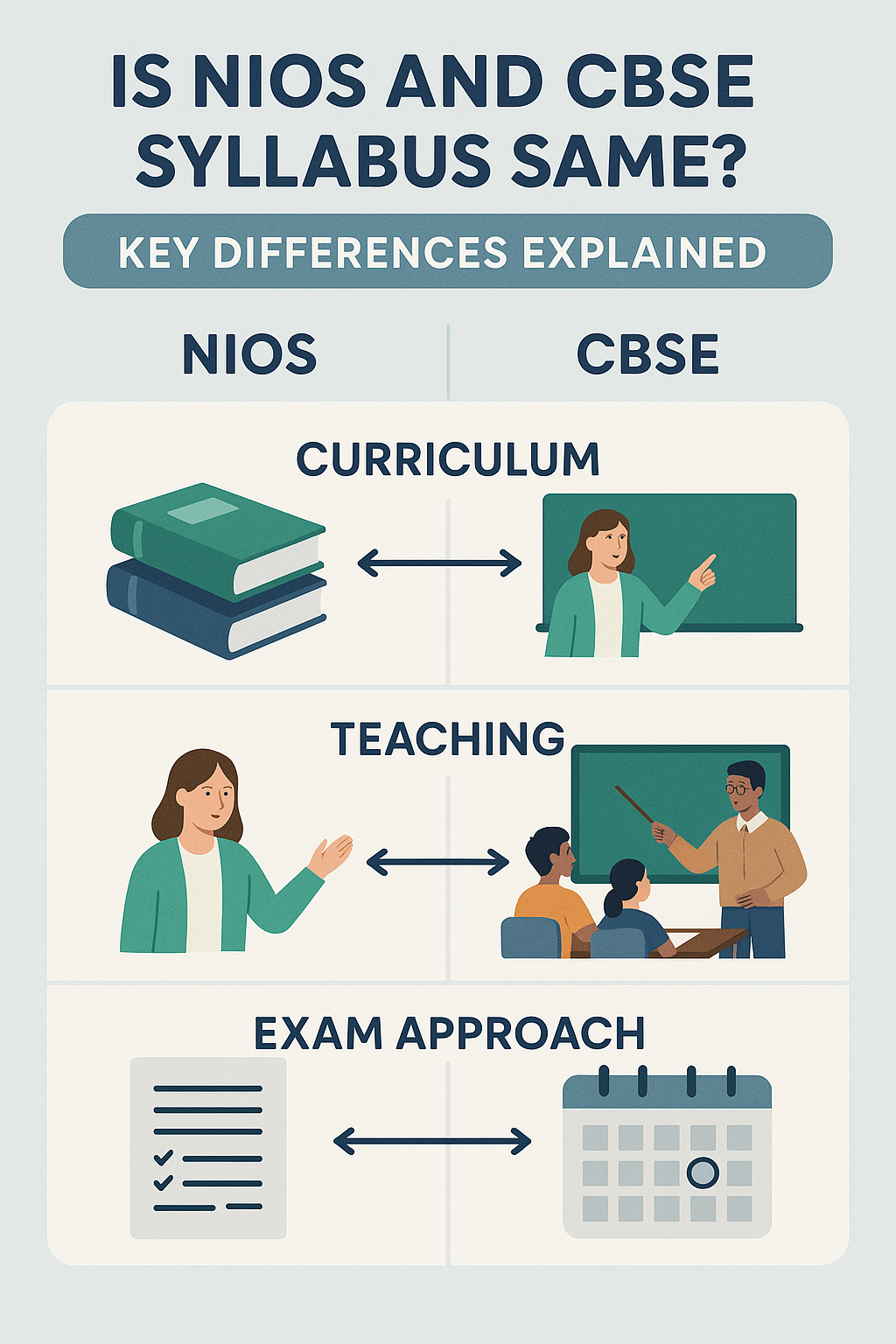
Is NIOS and CBSE syllabus same? Discover the key differences in curriculum, teaching, and exam approach. Learn how...
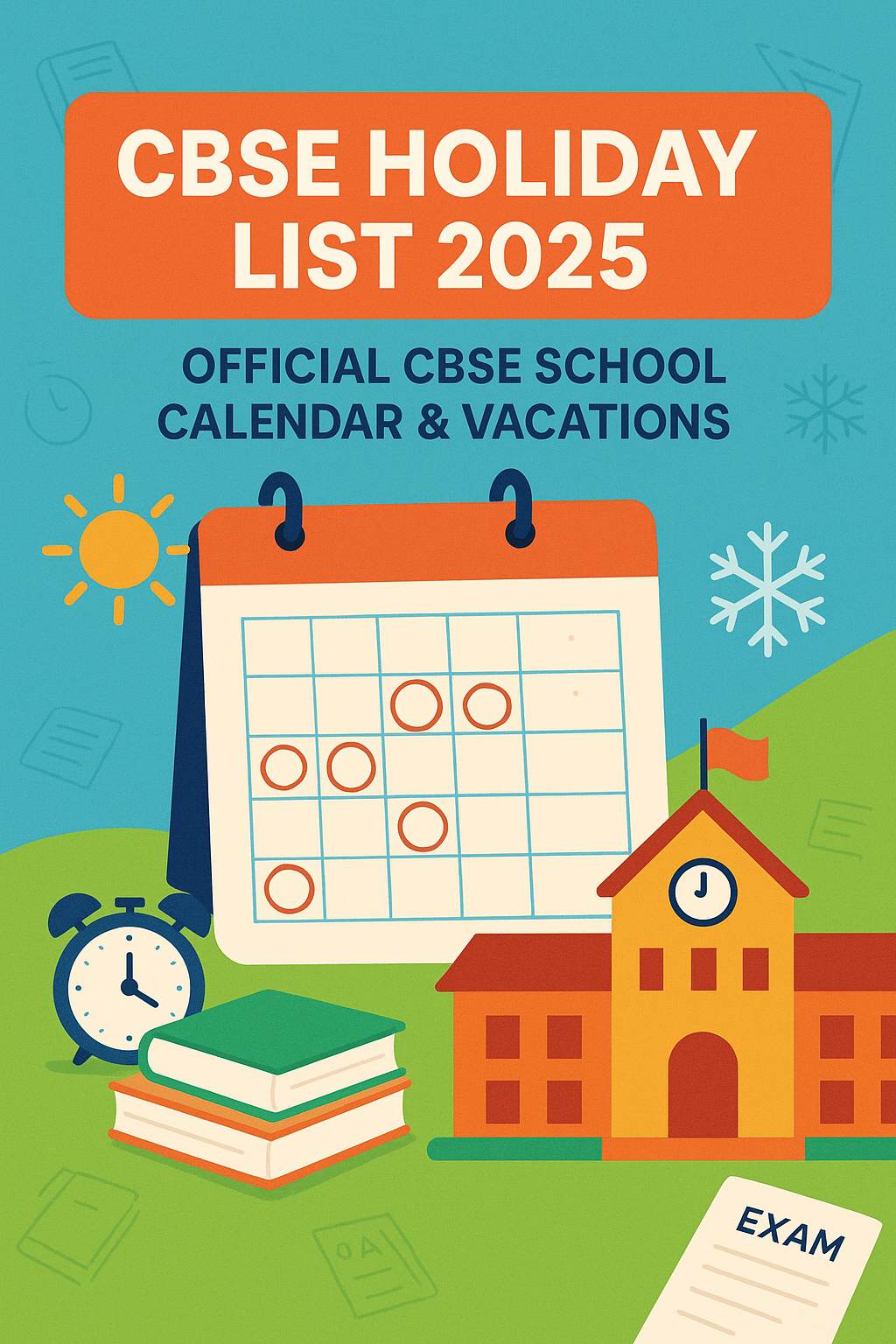
CBSE Holiday List 2025: Explore the official school calendar, national & regional holidays, summer & winter...
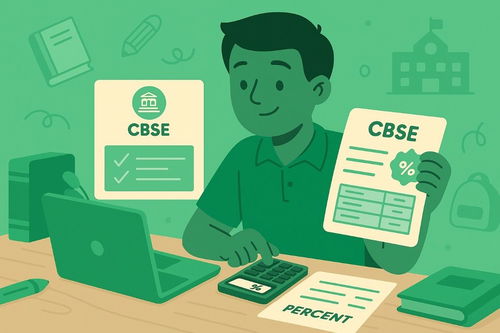
Learn how to calculate your CBSE 12th percentage from your marksheet using the official formula with a simple...
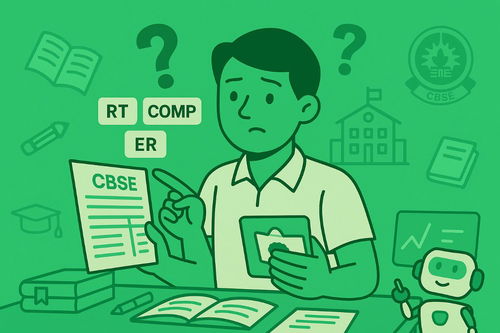
Confused about RT, COMP, and ER on your CBSE marksheet? Learn their meanings, reasons, and what steps you should...
Learn everything about the CTET exam for aspiring CBSE school teachers, including eligibility, syllabus, preparation...

Looking to apply for the CBSE Single Girl Child Scholarship Scheme? Learn eligibility, documents, application steps,...

Discover everything parents and students need to know about the CBSE Class 9 registration process, including...

Learn everything about the CBSE private candidate application process and rules. Understand eligibility,...

Confused about the CBSE answer key? This guide explains how to access it, interpret it, and use it to analyse your...

Confused about how CBSE re-evaluation or re-checking works? This guide explains eligibility, steps, fees, deadlines,...

Discover how to use the CBSE Academics website to access important resources like curriculum, sample papers, and...
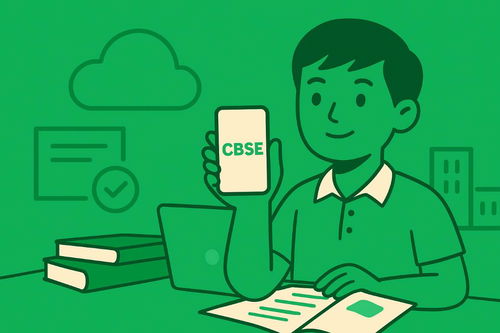
Learn how to easily access your CBSE marksheets and certificates using DigiLocker. This step-by-step guide helps...
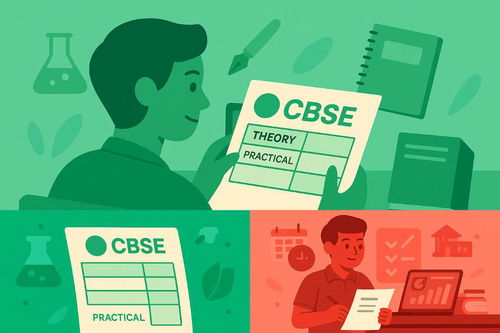
Confused about CBSE passing marks for theory and practical exams? This guide explains the minimum marks needed to...
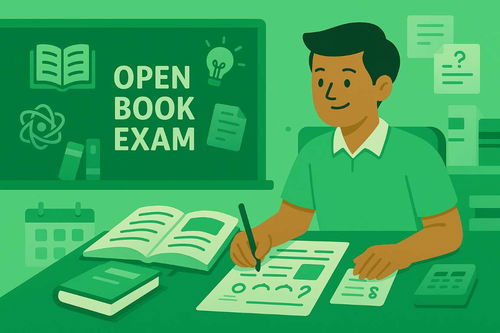
Learn how the CBSE Open Book Exam will be implemented for Class 9 and Class 11 students. Understand the benefits,...
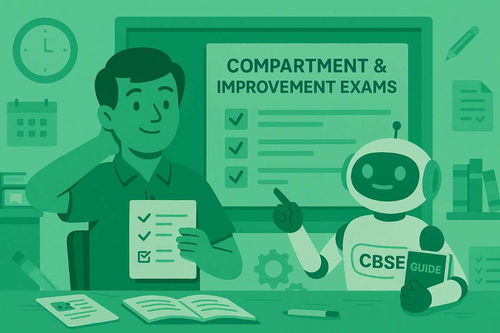
Confused about the CBSE compartment and improvement exam process? This complete guide explains eligibility, how to...
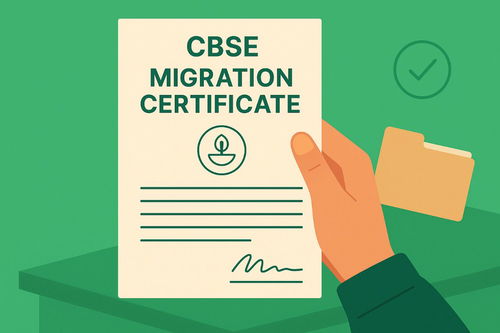
Learn how to obtain your CBSE Migration Certificate after Class 10 or Class 12. This detailed guide walks you...

Confused about your CBSE Admit Card? This easy step-by-step guide explains how to download it, what details to...

Discover what CBSE competency-based questions are and learn how to answer them expertly to you ace your exams.

Boost your Class 10 CBSE board prep with sample papers. Learn how to revise smartly, manage time, and score higher...

Learn how to score high in the CBSE curriculum with a subject-by-subject guide, expert tips, and AllRounder.ai tools...

Compare CBSE vs ICSE to choose the best board for your child. Understand syllabus, teaching style, exam prep, fees, and more.

Understand the latest CBSE marking scheme and question paper pattern. Learn about competency-based questions,...

Want to score above 95% in your CBSE Class 10 boards? Our strategy guide breaks down topper study plans to revision...

Compare CBSE vs ICSE to find the best board for NEET and JEE preparation. Understand syllabus match, exam formats,...

Treat your CBSE Class 12 exams using an athlete's approach to help you train, strategize, and perform your best on exam day.

Get ready for your CBSE Class 10 board exams with our survival kit. Find the official syllabus, a smart study...

Learn how to verify CBSE marksheets, certificates, and results online. Step-by-step guide for students and parents...

Master CBSE with top-rated tools, study planners, and expert online help. Perfect guide for Class 9–12 students...

Learn about CBSE – its full form, history, objectives, and structure. Get insights into CBSE’s role in Indian education.
Resources
-
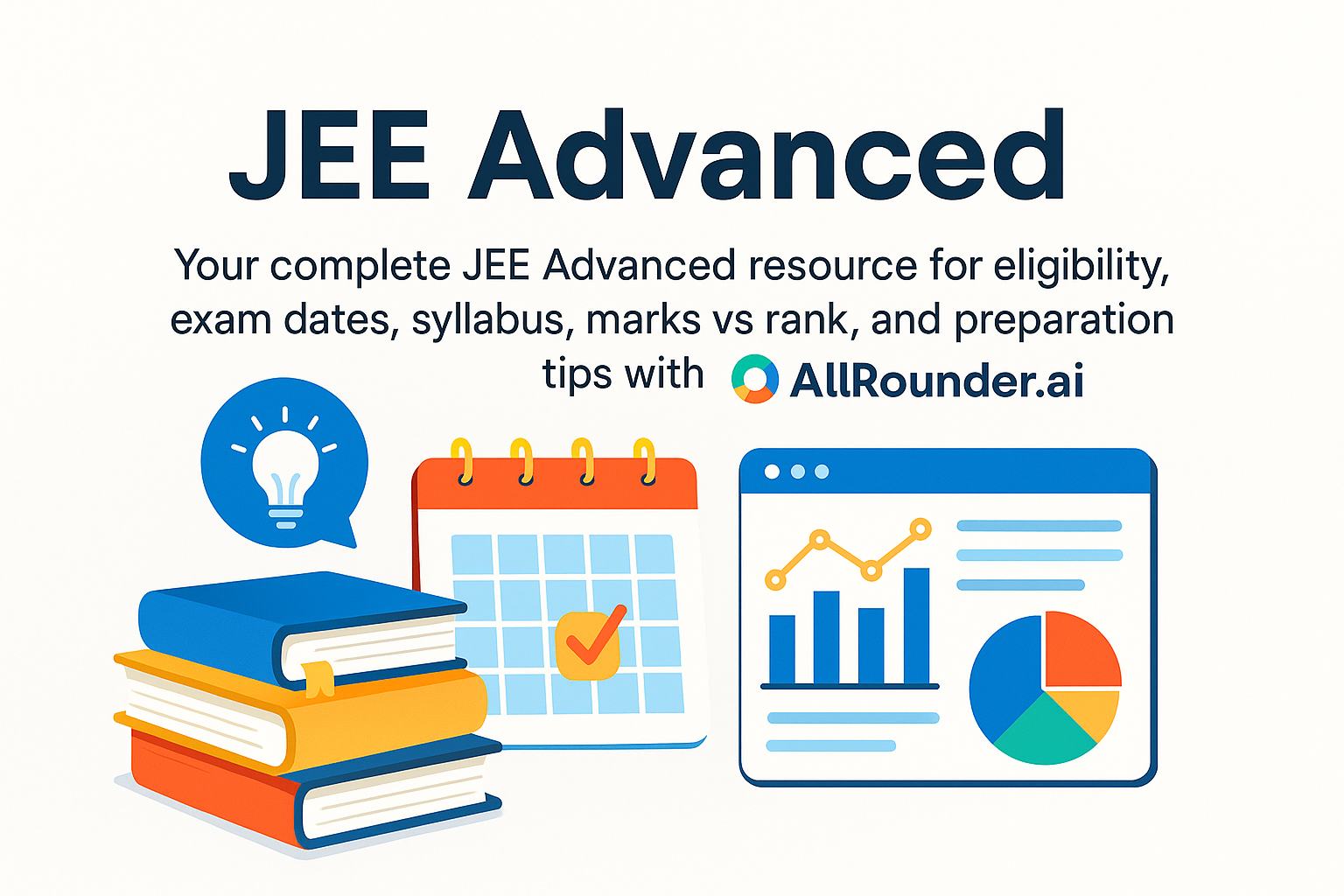
Your complete JEE Advanced resource for eligibility, exam dates, syllabus, marks vs rank, and...
-
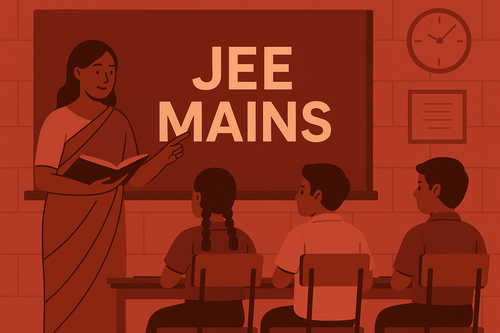
Understand the entire JEE Main process, from application and eligibility rules to the exam...
-

Explore the IB Board – a global curriculum emphasizing holistic, student-centered learning...
-

Learn about CBSE – India’s national school board offering a standardized curriculum, NCERT...
-

Explore everything about the ICSE board – its curriculum, subjects, exam format, and academic...
